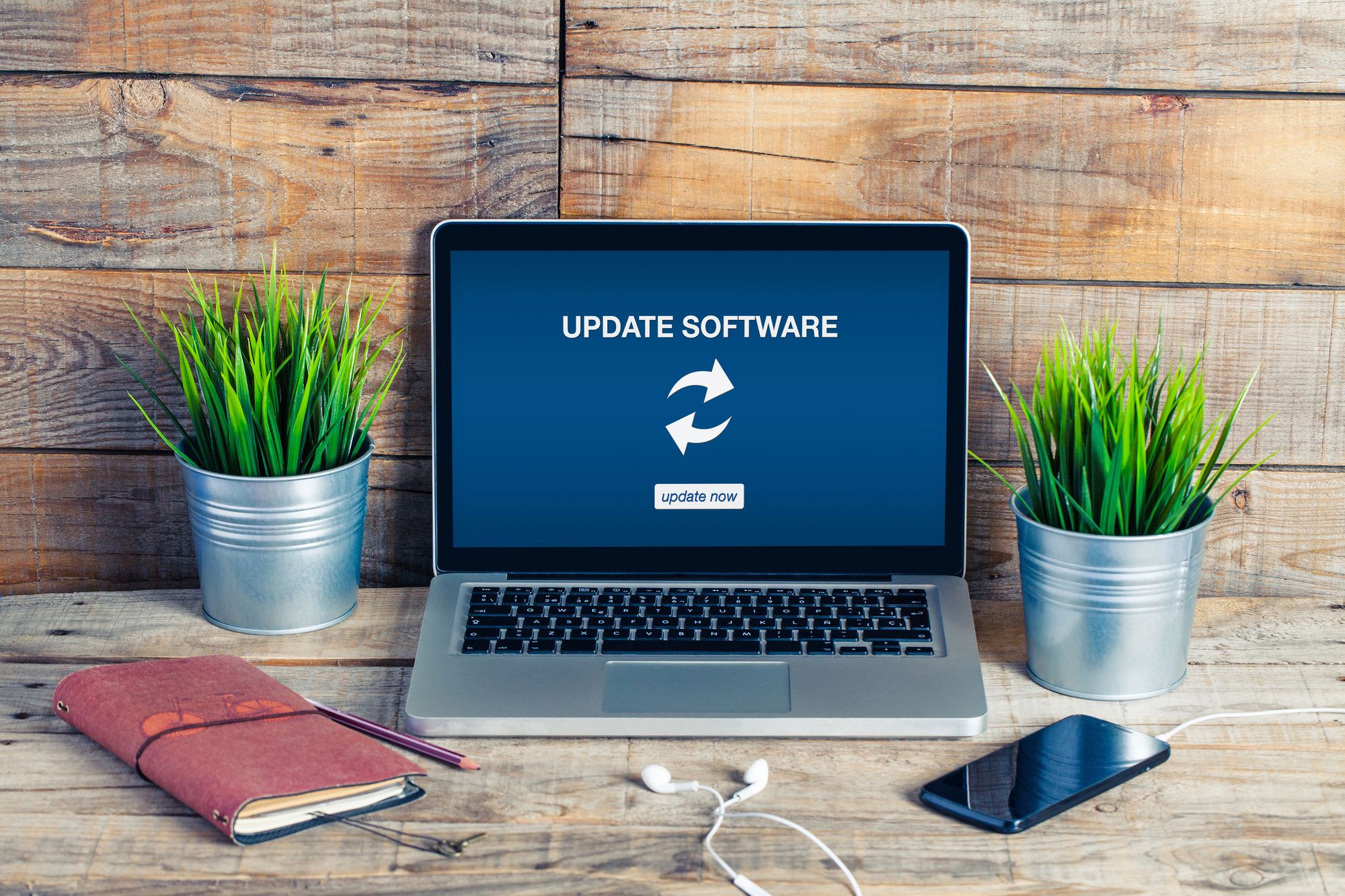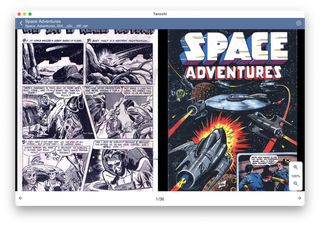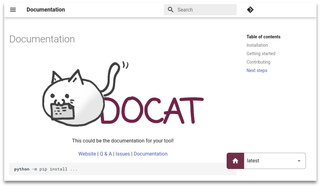Choosing the right software for your business is essential for achieving higher profitability. The wrong software can be costly, both in money spent and lost time as you try to figure out how it works.
It's also important to consider future needs; businesses often purchase software with their current operations in mind, only to find they need additional features a few months later that require an upgrade or an entirely new system.
Taking the time to research options and get advice from experienced professionals is worth the effort when considering which software could optimize productivity and improve efficiency. This article will discuss some key considerations when selecting software that can increase your chances for additional profits.
Understanding Your Business Needs

The right software is essential for your business to reach its goals of higher profitability. It can provide enhanced efficiency, improved customer service, and a better user experience, potentially increasing profits. Choosing the correct software requires understanding your business needs to identify what will be most beneficial when making this decision.
Before choosing any software, defining business goals and analyzing current processes is necessary. It helps determine where improvements may be needed and identify pain points that could interfere with productivity or lead to lost revenue.
Once these elements are identified, you can evaluate your budget to see what type of software would best suit the organization's financial capabilities while still meeting its needs. If you need help figuring out your business needs, you may want to hire Steadynetworks in Albuquerque or other service providers near you to expedite the process.
Common Types Of Software For Your Organization
The right software can help your organization to achieve higher profitability. Understanding the different types of software available and their benefits is essential to make an informed decision when choosing the best software for your needs.
- Accounting Software - assists with financial operations.
- Customer Relationship Management (CRM) Software - helps companies manage customer interactions.
- Inventory Management Software - keeps track of stock levels.
- Human Resource (HR) Management Software - streamlines recruitment processes
- Project Management Software - facilitates project organization and planning.
Before selecting a software solution, you should consider the distinct advantages of each option. Have a meeting with your team members and other departments. If you're working with a reliable IT service provider such as Itsco in Raleigh NC, ensure you meet with them too. Collect their feedback and insights regarding the software you are considering.

Key Considerations When Choosing Software
When looking for software to increase workflow efficiency and increase chances for profits, it's essential to consider the software that best serves your company's needs. The software can range from CRM platforms and accounting suites to industry-specific solutions. Each type has different features and functionalities that you should identify before selection.
After identifying suitable types of software, companies must evaluate various options based on key considerations such as ease of use, scalability, integration with existing systems, security and compliance requirements, customer support availability, and cost.
Choosing the right piece of software requires careful analysis to ensure that all the necessary functions are met while also considering any potential limitations or drawbacks associated with each option. You should carefully assess product demos, and research user reviews when evaluating their options before selecting the most appropriate solution.
It's crucial to remember how well a given piece of software meets current needs and how easy it may be to upgrade or update in the future if necessary. Taking these factors into consideration helps guarantee higher profitability over time. With this information, your business can confidently move forward in choosing the optimal software solution.
Evaluating Software Options
Deciding the right software for higher profitability requires carefully analyzing available options. Thus, evaluating software options involves the following:
- Creating a shortlist
- Researching vendors
- Checking compatibility with existing systems
- Scheduling demos and assessing the various features each option provides
This process may take some time, but ensuring that the most suitable choice is made for optimal performance and cost-effectiveness is essential. And to make an informed decision, it is vital to understand how well each system meets your business's specific needs and goals.
Consideration should be given to user experience, ease of use, and any additional services or support offered by vendors who could provide further value. It can also be beneficial to look at customer reviews from other businesses that have used similar solutions to gain insight into their experiences before making a final selection.
As such, taking the necessary steps when assessing different software products will help you select the right one for increased profitability. The next phase of implementing this new solution will require thorough preparation and planning.
Implementing The Software
When evaluating software options, it's vital to consider the long-term implications of a product. After selecting the best option available, an implementation should be done as soon as possible for complete optimization and maximum profitability. Establishing an effective implementation team can ensure that all tasks are completed efficiently and on time.
Setting realistic timelines and training the team members in their assigned roles will help create a successful transition into using the new software. Additionally, monitoring progress throughout the process will allow any potential issues to be identified quickly and addressed effectively before they become too extensive or costly.
With these steps taken care of beforehand, your business can expect smooth sailing when introducing a new piece of software into your operations. Moving forward with software maintenance is essential for keeping up with industry trends and maximizing profits over time.
Maintaining Your Software
Software maintenance is essential for ensuring high profitability. Regularly monitoring and updating the software can help identify potential issues early on, allowing for timely corrections.
Keeping up with the latest updates also ensures that users access the most efficient version available, thereby reducing costs associated with manual labor or performance issues caused by outdated versions.
Additionally, you should regularly monitor user feedback to make necessary changes as soon as possible. By utilizing these strategies, you can ensure your software remains effective and profitable.
Software maintenance activities require time and resources but will ultimately lead to higher productivity and cost savings in the long run. You must assess your current software needs and adjust your strategy to maximize efficiency while minimizing expenditures.
An organized approach toward software maintenance activities, such as scheduling regular updates, monitoring performance, and seeking user feedback, helps your organization avoid problems before it's too late.
Takeaway
Software plays a critical role in the success of any business. It can improve productivity and help reach financial goals, such as higher profitability. When selecting the software for this purpose, it is essential to understand your business's specific needs and evaluate different options before deciding.
Once chosen, proper implementation and maintenance will ensure that the software meets all requirements over time. Lastly, choosing the right software for higher profitability is essential for your business to maximize its potential.
Author: Maya Patel
Maya Patel is a software consultant with a passion for helping small businesses improve their operations. She has over 7 years of experience in the industry and has worked with numerous clients to implement software solutions that improve profitability. In her free time, Maya enjoys practicing yoga, reading, and cooking.



